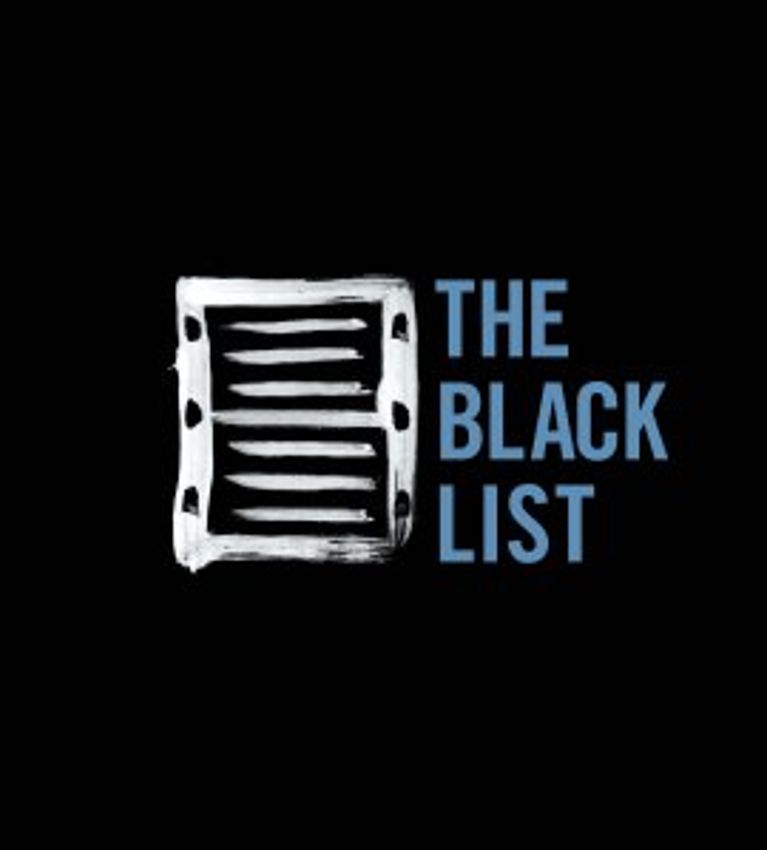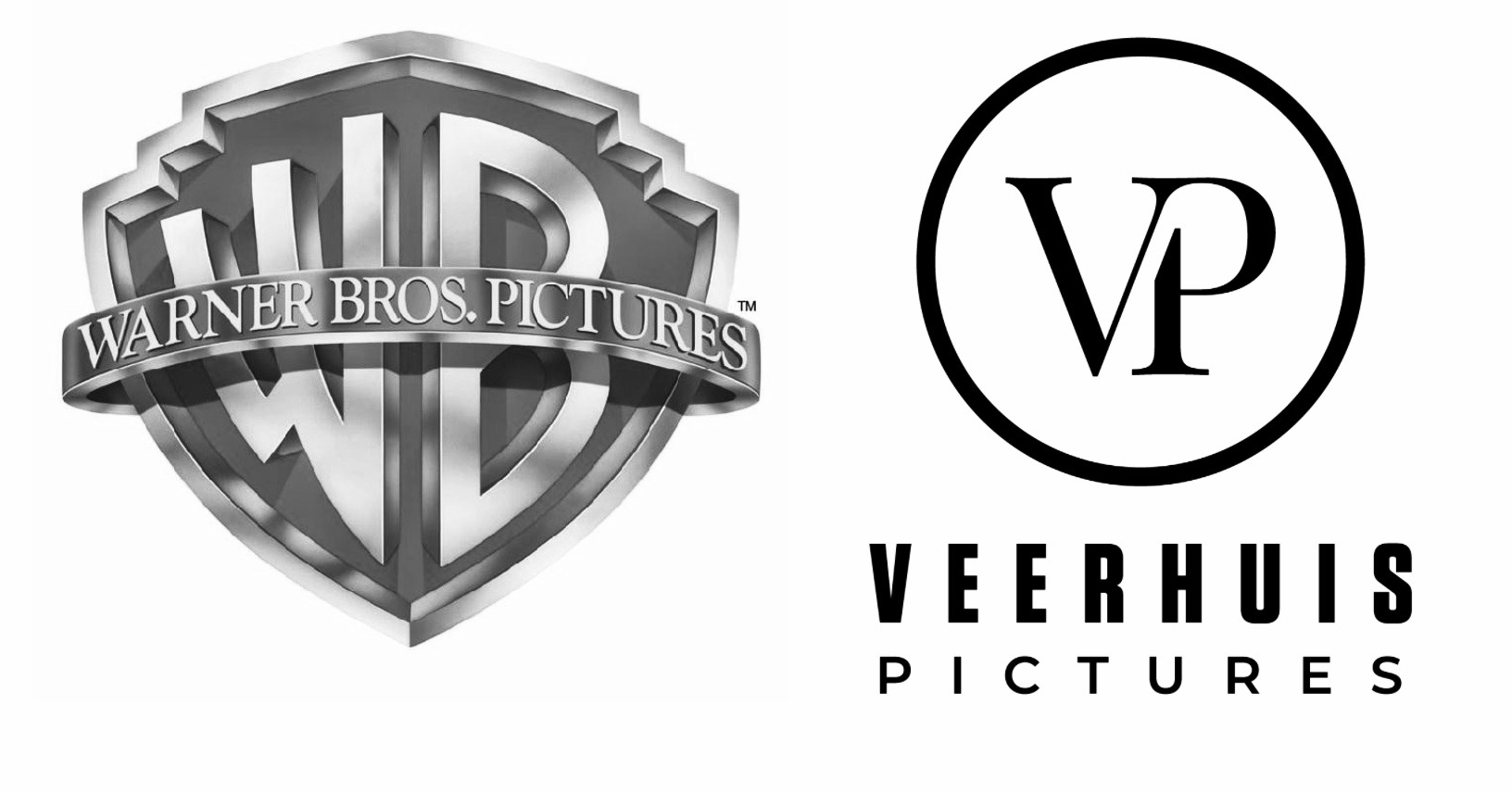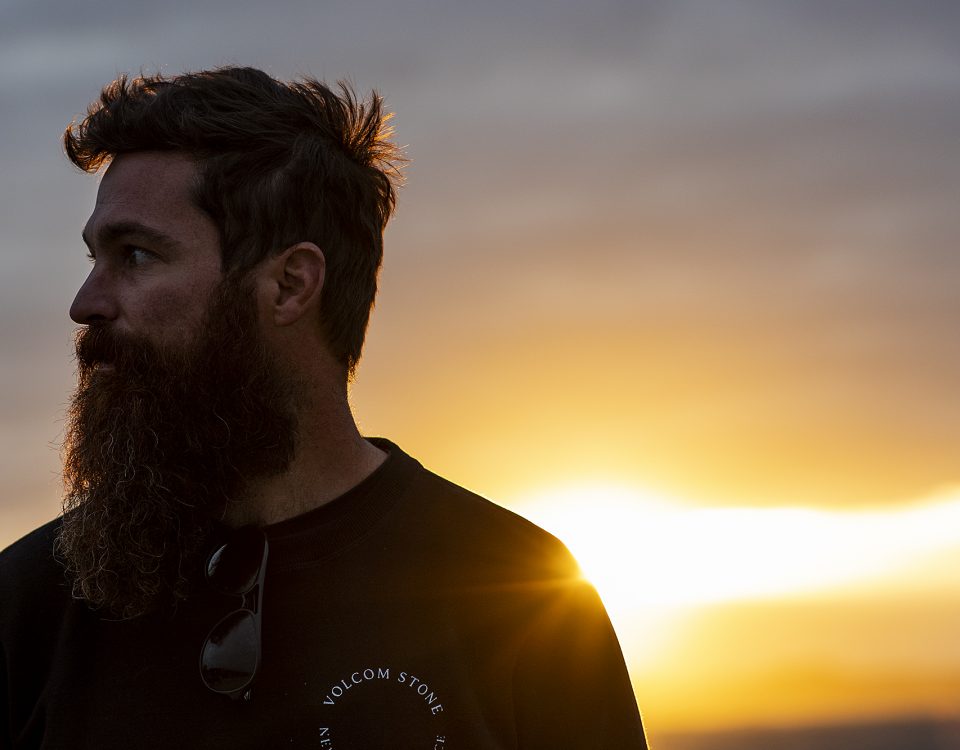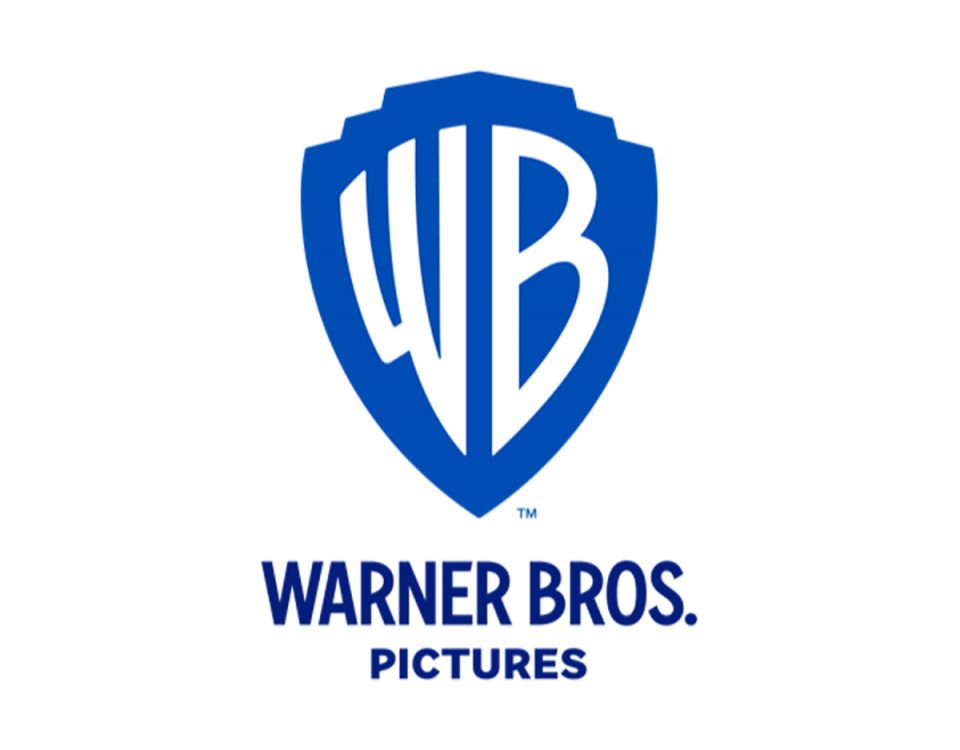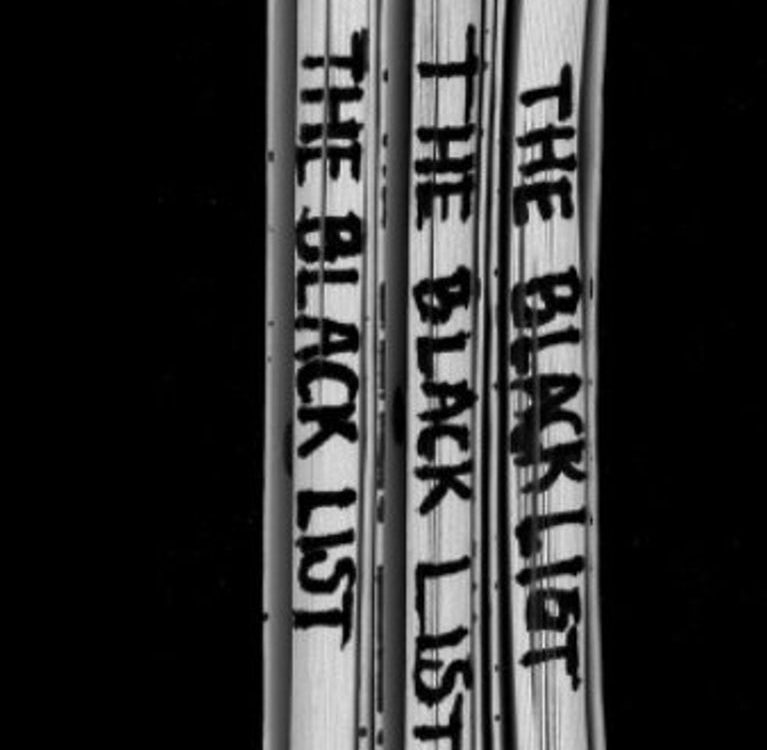
THE BLACK LIST USA: CALLING AUSSIE SCREENWRITERS

WARNER BROS. PICTURES IS SEARCHING FOR AUSTRALIA’S BEST EMERGING SCRIPTWRITING TALENT
July 19, 2018
THE AUSSIE LIST
October 5, 2018The Black List founder Franklin Leonard on how the company is partnering with Warner Bros. and Veerhuis Pictures to help unearth Australian screenwriting talent.
18 JULY 2018
S creen Australia have interviewed The Black List's founder Franklin Leonard; discovering how he's passionate about giving diverse screenwriters the opportunity to get noticed, and how his company's collaboration with us will further this endeavour. The article not only has some brilliant insights into the ideas behind the Australian Script Writing Opportunity, but also clearly outlines the submission process and features a fascinating Q&A with Franklin himself.
See an excerpt below or view the full article here.

"Great writing can come from anywhere, regardless of borders, regardless of identity, regardless of educational background, regardless of age. And it's important for us to continue to prove that thesis by sourcing great writers from around the world with identities as diverse as the world is."
DO YOU HAVE ANY ADVICE IN TERMS OF GENRE OR NUMBER OF PAGES YOU SHOULD WRITE?
The sky's the limit in terms of genre. We're certainly a genre-agnostic platform and everything we're sending [to Warner Bros. and Veerhuis Picture] are samples for a blind deal. So the idea is the work you're submitting is designed to show you can write… so I wouldn't worry or give too much thought to genre. In terms of length I wouldn't go over a hundred and twenty pages. It is rare that a screenplay can justify a length beyond that. It would be great if the scripts were set in Australia but that's certainly not a requirement for anyone.
THE FINALISTS FOR THE AUSTRALIAN SCRIPT WRITING OPPORTUNITY ARE CONSIDERED FOR A TWO-STEP BLIND FEATURE FILM WRITING DEAL. WHAT’S A BLIND DEAL?
A blind deal is essentially a commitment from a film financier. It's a sort of statement of intent that they're going to commit to paying a writer – in this case the Writers’ Guild of America minimum – for two drafts of a screenplay. So once they commit to giving you a blind deal, then the writer and the producer and financier have to come together and have a conversation about what it is they want you to write. And typically that means the writer will pitch to the producer and financier several ideas, or the producer and financier may say ‘we have this article or this book or this graphic novel that we want to turn into a film, is that something that interests you?’ and then eventually all parties will settle on one idea and the writer will go off and write that.
DO YOU HAVE TO HAVE AN EVALUATION?
Our goal is obviously to pass along to Chris Veerhuis and Warner Bros. the best possible writers. And the only way we have to identify whether something is good are the evaluations, so we strongly encourage people who are hosting with us within The Black List website to purchase at least one evaluation. We don't require it, though we do strongly advise it. If the US$75 evaluation purchase is a real financial burden people would be wise to follow the social media, read The Black List blog - we offer a tonne of essentially free hostings and evaluations that can be gained through sweat equity or writing equity rather than financial equity.
WHAT WAS THE ORIGINAL INTENTION OF THE BLACK LIST AND HOW HAS THAT EVOLVED SINCE 2005?
The first annual Black List was a survey that I created because I was just trying to find some good screenplays to read over the winter holidays. Very quickly I realised that it had greater value than simply that – that it was a very efficient process to identify and simultaneously celebrate great screenwriting and the people that could do it. That has really continued to be our north star in the organisation - identifying and celebrating great writing. So we've expanded our ability to do that whether it's the website that allows us to source great writing from all over the world, whether it's our live stage script readings that we do in New York and Los Angeles every year, or whether it's our Annual Feature Screenwriters Lab, which gathers together a small group of exceptional up and coming writers and gives them additional training by working with professional writers.
WHAT IS THE BIGGEST CHALLENGE FACING THE BLACK LIST NOW?
The most important things for us is continuing to improve the efficiency and the process of which we identify good work. I think we do that better than anyone else at this stage, but our ability to do that is our stock-in-trade and so we're always focused on improving that. And the second most important thing and the biggest challenge for me is dismantling the assumption Hollywood makes about where great writing comes from. There are these assumptions that only good writing comes from people who look a certain way, who come from a certain place, who have a certain kind of education. And I think from what we've seen time and time again is that it is not the only place where great writing comes from, in fact great writing can come from anywhere, regardless of borders, regardless of identity, regardless of educational background, regardless of age. And it's important for us to continue to prove that thesis by sourcing great writers from around the world with identities as diverse as the world is.
THE INDUSTRY HAS CHANGED DRAMATICALLY SINCE THE BLACK LIST STARTED CLOSE TO 14 YEARS AGO. HOW HAS THAT IMPACTED WRITERS?
The shift to television is a very exciting thing for everyone involved in the industry, especially writers, because obviously television at least in terms of the way it is structured in the US definitely benefits writers more than feature films do.
I also think the reduction in cost of making and distributing a movie is a boon for writers. You can write a small budget movie and find a way to be involved in the process of making it with a small coterie of people and then you can make it available to an audience without as much money as you needed 10 years ago and certainly not as much as you needed 20 years ago. And so the downward pressure on content production costs and also digital content distribution just means it's easier to make movies of a certain budget or a certain sort of scale, it's easier to distribute it, and easier to coalesce your audience. You can maintain an ongoing conversation with your audience and point them towards your next project, which allows artists of all stripes to retain value they couldn't have retained before because branding and marketing was solely the province of well-capitalized companies. Whereas now anybody can brand and market themselves via social media and the internet.
Visit https://blcklst.com/ for more info and to host your script. Read about the Australian Script Writing Opportunity Frequently Asked Questions here.
